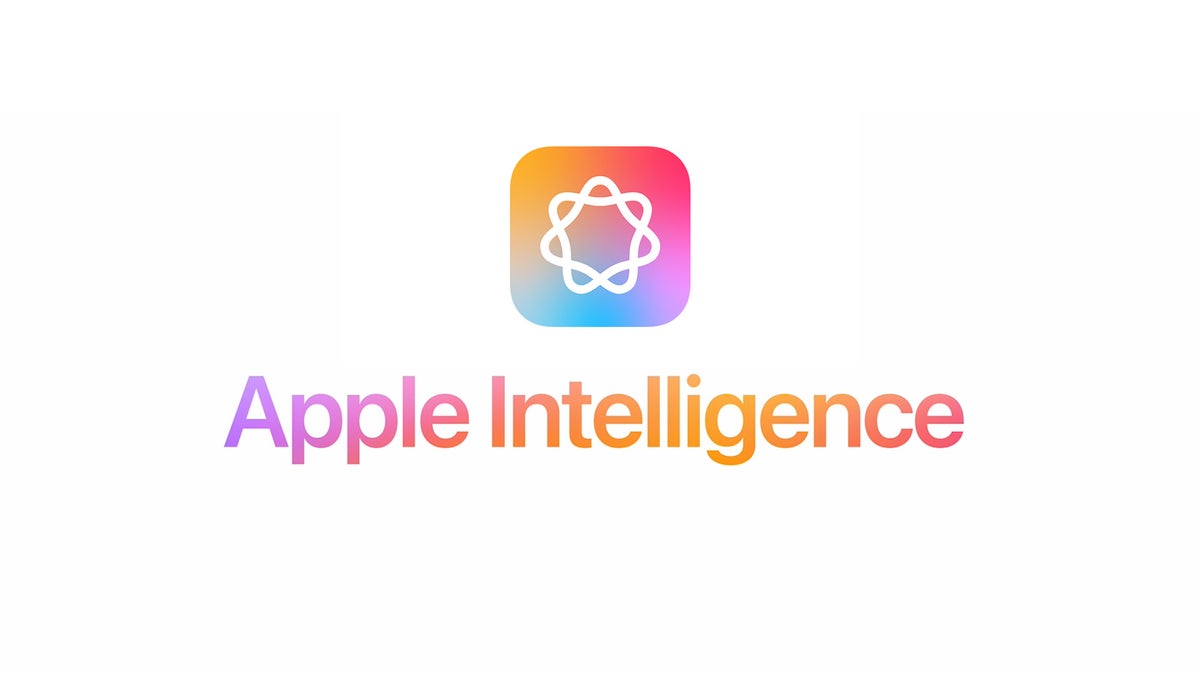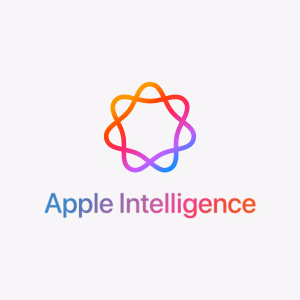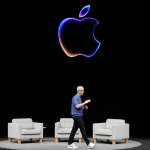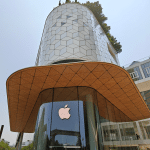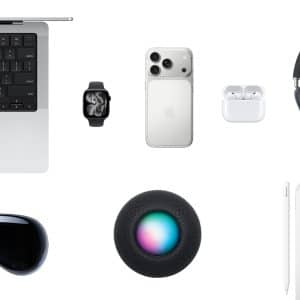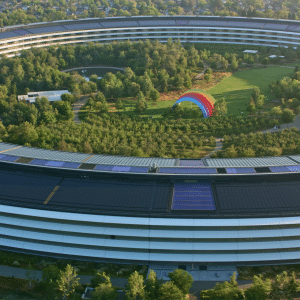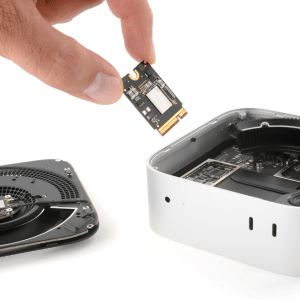Rapidus isn’t limiting its sights to Apple alone. The company has reportedly opened discussions with tech giants like Google, Meta, Amazon, and Microsoft, positioning itself as a key player in the race to produce next-generation chips. Unlike traditional manufacturers, Rapidus is banking on innovative production techniques, backed by Japan’s government and partnerships with firms like IBM. Its CEO, Atsuyoshi Koike, expressed confidence in outpacing competitors, a bold claim given TSMC’s dominance in crafting chips for Apple’s iPhones, iPads, and Macs. For Apple, Rapidus represents an opportunity to diversify its supply chain at a time when geopolitical tensions and soaring AI demand are reshaping the semiconductor landscape.

The Power of 2nm Chips
At the heart of this potential collaboration are 2nm chips—among the smallest, most efficient semiconductors in development. These chips pack billions of transistors into tiny spaces, enabling faster processing and lower power consumption. For Apple Intelligence, which relies on both on-device and cloud-based computations, such chips are critical. They could power server farms handling complex tasks like natural language processing for Siri or predictive analytics for apps, all while maintaining Apple’s commitment to energy efficiency and user privacy.
Consider what this means for users: a smarter Siri that pulls flight details from emails, coordinates schedules across apps, or anticipates needs based on context—all seamlessly integrated into daily life. These features, promised at WWDC 2024, demand robust infrastructure. While Apple’s current chips, like the A16 and M2, excel in devices, scaling Apple Intelligence to millions of users requires server-grade silicon. Rapidus’ 2nm chips could provide the muscle, ensuring smooth performance whether you’re asking Siri for directions or relying on cloud-based photo analysis.
A Strategic Shift Amid Geopolitical Tensions
The Rapidus deal is more than a technical upgrade—it’s a geopolitical chess move. Taiwan, home to TSMC’s main factories (known as fabs, or specialized plants producing microchips), sits at the center of U.S.-China trade disputes. With supply chain disruptions looming, tech giants are seeking stable alternatives. Japan, a U.S. ally with a rich industrial history, is stepping up. Bolstered by government subsidies and a national push to revive its semiconductor sector, Rapidus aims to produce chips at scale by 2027, offering Apple a hedge against reliance on Taiwanese manufacturing.
This aligns with broader industry trends. TSMC itself is expanding in the U.S., with its Arizona plant producing A16 chips since September 2024 and plans for 2nm production by 2028. Yet, Rapidus could give Apple an edge by entering the 2nm race sooner. For users, this means Apple Intelligence might roll out faster and more reliably, unhindered by supply bottlenecks or international friction.
Challenges and Opportunities
Rapidus faces steep hurdles. TSMC’s decades of expertise and massive scale make it the gold standard in chipmaking. Rapidus, by contrast, is a startup with big dreams but no track record at this level. Its partnership with IBM lends credibility, but scaling production to meet Apple’s exacting standards—think billions of chips with near-zero defects—will test its mettle. Still, Japan’s investment in Rapidus, coupled with Apple’s need for AI infrastructure, creates a compelling case.
Apple’s interest in Rapidus also reflects its long-term vision. The 2027 timeline suggests these chips might not only power servers but also future devices, from iPhones to augmented reality headsets. Imagine a Vision Pro successor with 2nm silicon, delivering immersive experiences with unmatched efficiency. Or consider server farms that process Apple Intelligence queries in milliseconds, making your devices feel smarter without draining battery life.
Why It Matters for Users
For tech enthusiasts, this news offers a peek into Apple’s evolving strategy: embracing new partners like Rapidus to stay ahead in AI while navigating global complexities. Casual users might not notice the shift immediately, but the payoff could be significant—faster, more intuitive devices that anticipate needs and protect privacy. Unlike cloud-heavy AI systems from competitors, Apple Intelligence emphasizes on-device processing, reducing reliance on internet connections and safeguarding data. Rapidus’ chips could amplify this, ensuring the cloud side of the equation matches the on-device prowess.
The partnership isn’t a done deal, and TSMC remains Apple’s primary chipmaker for now. Arizona’s TSMC plant, for instance, will likely produce chips for iPhones well into the next decade. But Rapidus adds a new dimension, offering flexibility and innovation. If successful, it could help Apple deliver on its AI promises without the supply chain headaches plaguing other tech giants.
Looking Ahead
While 2027 feels distant, Apple’s exploration of Rapidus signals proactive planning. The company isn’t just reacting to AI trends—it’s building the infrastructure to lead them. For users, this translates to a future where Apple devices don’t just keep up but set the pace, blending cutting-edge tech with practical benefits. Whether it’s a quicker Siri response or a new app feature powered by AI, Rapidus’ chips could quietly shape the Apple experience for years to come.
As Rapidus ramps up, the tech world will watch closely. Can a Japanese startup challenge TSMC’s reign? Will Apple’s bet pay off? For now, the prospect of 2nm chips from Japan is a tantalizing hint of what’s next—a smarter, more resilient Apple ecosystem ready to take on AI’s biggest challenges

